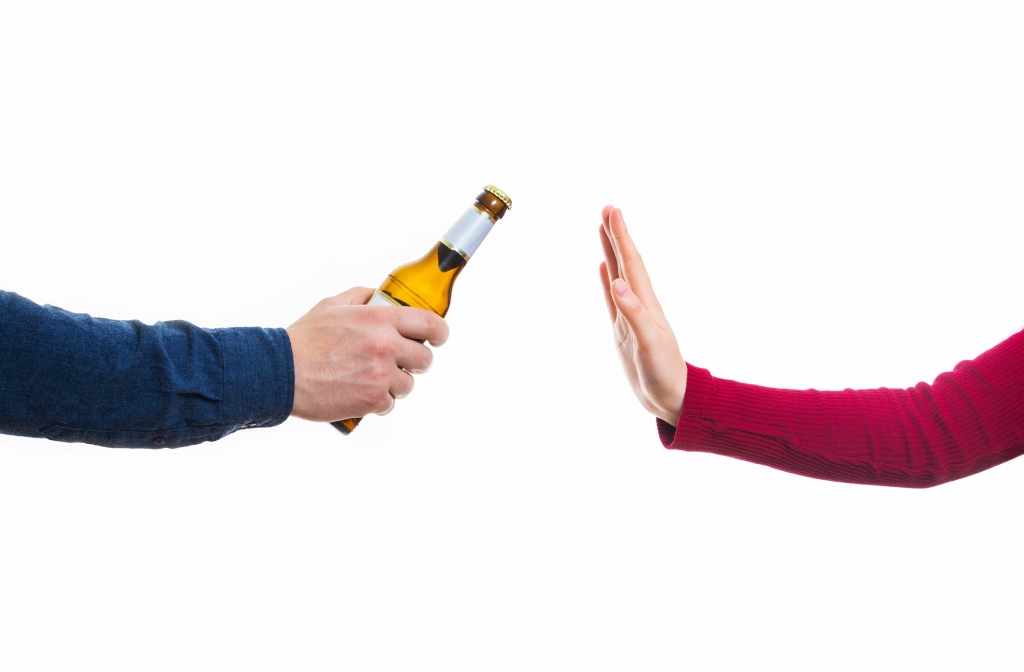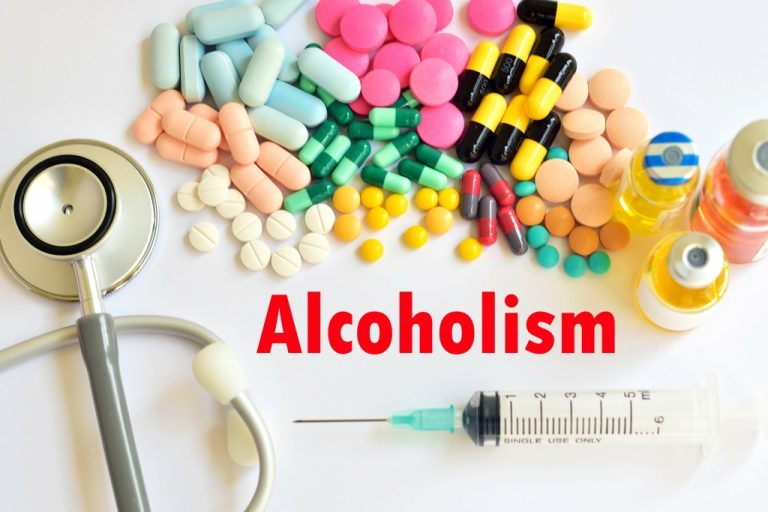Excessive amounts of alcohol also ramp up your metabolism and cellular activities, which generates more heat. Binge drinking is when a person consumes an excessive amount of alcohol within a short period of time. This equates to drinking five or more drinks within 2 hours for males and four or more drinks within 2 hours for females. According to the CDC, drinking alcohol in moderation is safe for most people.
Don’t Drink On An Empty Stomach

Additionally, foods with high water content, such as fruits and vegetables, can help does liquor make you dehydrated counteract the dehydrating effects of alcohol. When you drink alcohol, your body produces more urine than usual. This is because alcohol suppresses the release of an antidiuretic hormone (ADH) that normally helps your body retain water. Without enough ADH, your kidneys produce more urine, which can lead to dehydration.
Strategies To Counteract Alcohol-Induced Dehydration
However, it’s crucial to remember that while beer does contain water, its alcohol content can lead to dehydration if consumed excessively. Striking a balance is essential, particularly after physical exertion or during hotter days. For those partaking in binge drinking, the likelihood of life-threatening dehydration increases. Alcohol poisoning is when the body becomes overwhelmed by the amount of alcohol within the system. While many know the signs of alcohol poisoning – such as vomiting and passing out – the cause behind it is actually the result of severe dehydration.
Loss of Coordination
What is happening is that the body is expelling all fluids, leading to alcohol-induced dehydration. To mitigate the dehydrating effects of alcohol, it’s essential to take proactive steps before, during, and after drinking. Here are practical tips and strategies to help maintain hydration levels and ensure a safer, more enjoyable experience with alcohol. That makes beer the clear contender as the least dehydrating, with a big caveat. As important as alcohol content may be, even more important is how much you drink in a given sitting.
How to Prevent Dehydration from Alcohol
This happens at a rate of about one beer, a small glass of wine, or one shot of liquor per hour. Alcohol can even get into the lungs and be released when you exhale. This is why breathalyzers are often used to check if someone’s driving while intoxicated. This test measures blood alcohol concentration (BAC), or the amount of alcohol in your blood.
It won’t prevent you from becoming drunk or immediately counteract the effects of alcohol, but it can help dilute the alcohol concentration in your blood and reduce dehydration symptoms. This is because it suppresses vasopressin, which normally helps your body retain fluid. With less of this hormone available, your body expels more water than usual, increasing the frequency and volume of urination. Alcohol also affects the secretion of certain hormones involved in fluid regulation, such as aldosterone. Aldosterone helps maintain electrolyte balance by promoting the reabsorption of sodium and water in the kidneys. However, alcohol can interfere with aldosterone production, potentially leading to electrolyte imbalances and dehydration.
- A 2016 study published in the American Journal of Clinical Nutrition assigned a beverage hydration index (BHI) to various drinks that would determine hydration status after ingestion.
- A study in rats from 1968 has shown that the diuretic response to alcohol is directly related to alcoholic concentration 11.
- Your respiratory system is yet another victim of alcohol’s dehydrating properties.
- That said, being dehydrated before drinking alcohol could cause your blood alcohol concentration to increase more quickly.
Short and Long-Term Risks of Alcohol-Induced Dehydration:
If you’re not consciously keeping track of the drinks you’ve chugged, it’s easy to go over these limits. For some of us, half a dozen drinks during a night out aren’t yet enough to faze us. And yes, you may feel great and energized upon waking up—but that doesn’t mean you didn’t have too much to drink the night before. It impairs your kidneys’ ability to filter blood and makes them work harder.
How To Minimize Dehydration From Alcohol
For example, some studies suggest that moderate alcohol drinking can affect fertility for some women. Research also shows that heavy drinking by men may lower testosterone levels and affect the making of sperm. That cotton-mouthed, bleary-eyed morning-after is no accident. Alcohol makes you dehydrated and makes blood vessels in https://dimcayipinarbasi.com/cannabinoid-hyperemesis-syndrome-chs-causes-8/ your body and brain expand.

Depressed After Quitting Drinking? This Is Why It Happens.
Contrary to popular belief, alternating alcoholic drinks and water will not help you avoid dehydration. But you can certainly ensure you are as hydrated as possible before consuming alcohol. You can also drink water before you go to bed to help replenish hydration levels. Dehydration isn’t just a short-term problem; it can have lasting effects on your health. If you’re constantly dehydrated, your body has to work harder to function, which can lead to all sorts of issues down drug addiction treatment the road. Think about things like kidney problems, because your kidneys need enough fluid to filter waste properly.
Remember, you shouldn’t just focus on rehydrating but instead, look for the smallest signs that your body needs more water. What’s more, as the liver processes and metabolises alcohol, it creates a compound called acetaldehyde, which is also known for its dehydrating effects. This, combined with the suppressed hormone, makes the body prone to dehydration both during and after alcohol consumption. From social gatherings and personal celebrations to unwinding after a long day, alcohol plays a key role in many people’s lives. But have you ever wondered why you feel so thirsty after a night of drinking?

